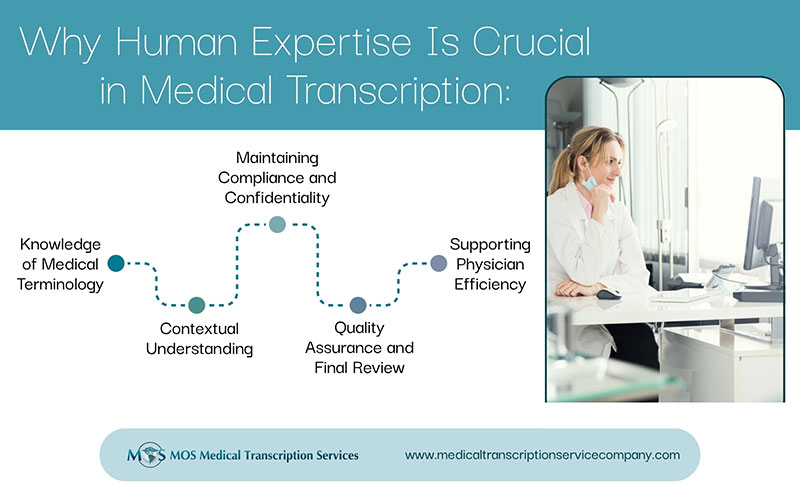According to official estimates, more than 2 million Americans have signed up for health coverage under Obamacare. The administration also expects that around 7 million people will be enrolled by March 31, 2014. One of the sectors that will be directly impacted by Obamacare is medical transcription. Industry leaders expect that the Affordable Care Act (ACA) or ‘Obamacare’ will make medical transcription a $20 billion industry.
No denial of coverage for pre-existing conditions or other discriminatory practices such as charging women more than men, allowing young Americans to stay on their parents’ health plan, tax credits for businesses to buy insurance, subsidies to help individuals buy plans, and the setting up of health insurance exchanges offering a choice of affordable plans – these are some of the main reasons for the popularity of Obamacare.
As more people get insured, the demand for health care services is also expected to increase substantially. Some experts point out that doctors in the United States are expected to see double the number of patients than they normally do. This would result in more medical records being dictated by physicians, clinics and hospitals, and as these need to be converted into health care documents, the demand for medical transcription services is expected to go up.
Under Obamacare Act, healthcare providers will be periodically audited for compliance. Those who violate the law by not transforming their medical records into proper documents will be required to pay a penalty. That’s why healthcare providers are in a hurry to get their records transcribed into Word documents and get their documentation in order, a task that is assigned to in-house or outsourced medical transcriptionists.
EHR alone cannot help providers achieve documentation goals
American Recovery and Reinvestment Act (ARRA) of 2009 insists that all public and private healthcare providers and other eligible professionals to adopt and demonstrate ‘meaningful use’ of Electronic Health Records (EHRs) as of January 2014 to maintain their existing Medicaid and Medicare reimbursement levels. However, the extent to which EHR can help healthcare providers with their documentation is limited. Though EHR vendors initially thought that this electronic system could eliminate transcription, they have now realized that the meaningful conversations cannot be captured with a drop-down box. Moreover, physicians are finding it difficult and cumbersome to enter data into the EHR system during an encounter, which, in addition to detracting from patient care, may result in inaccurate documentation and over-billing, eventually leading to penalties.
On the other hand, medical transcription services are a much more reliable option, even with the use of speech recognition dictation systems. Professional medical transcriptionists accurately transcribe the clinical narrative down to the last detail, which most EHR systems cannot accomplish. Reliable medical transcription companies even offer feeds to the EHR system. By reducing the time physicians spend on documenting in the EHR, medical transcription services are helping them find more time for their patients. Blending transcription with the EHR can ensure accurate and timely clinical documentation.


